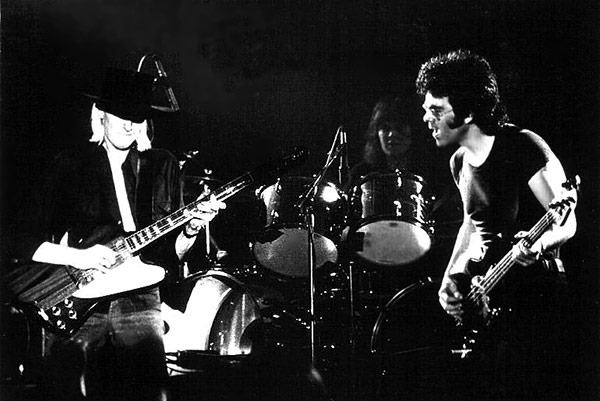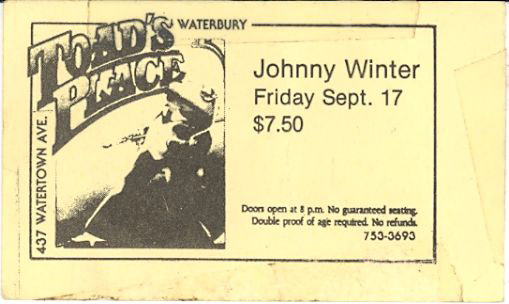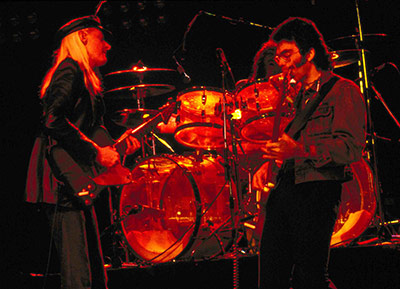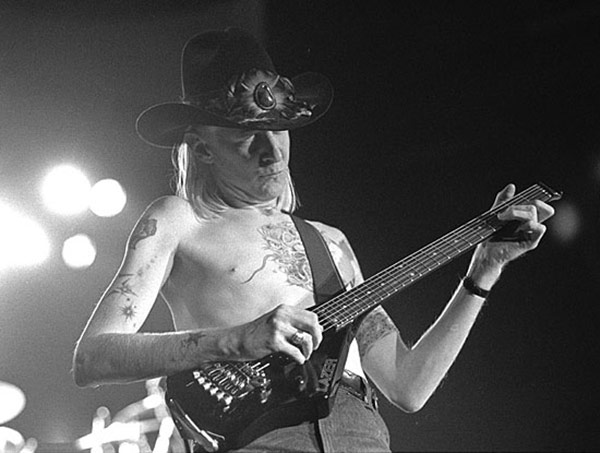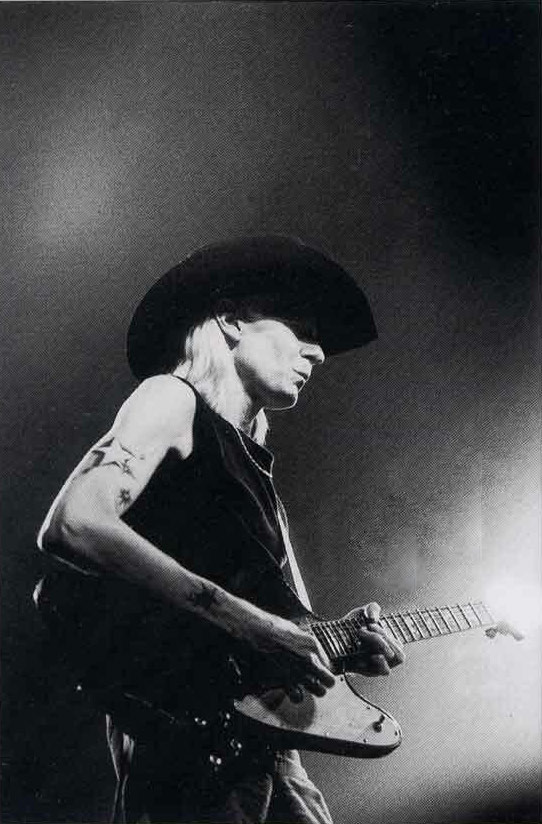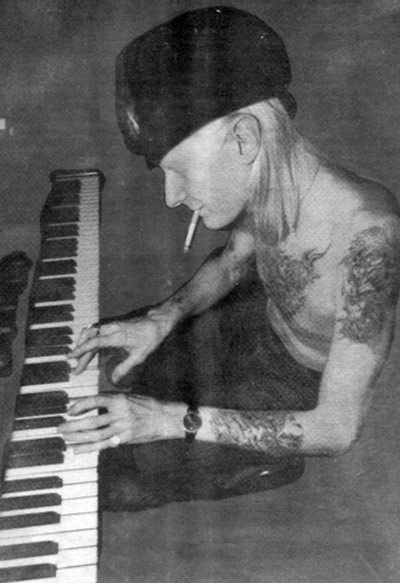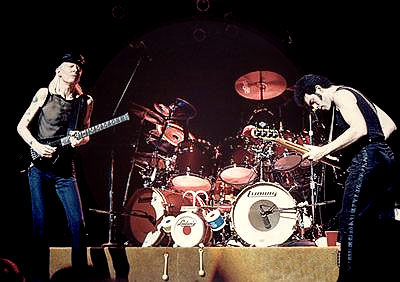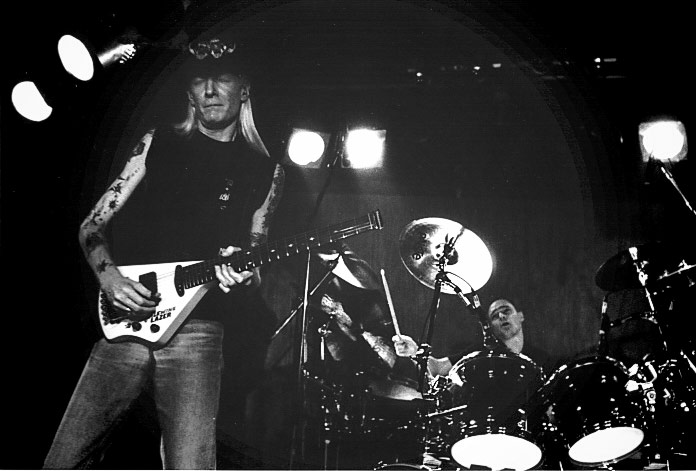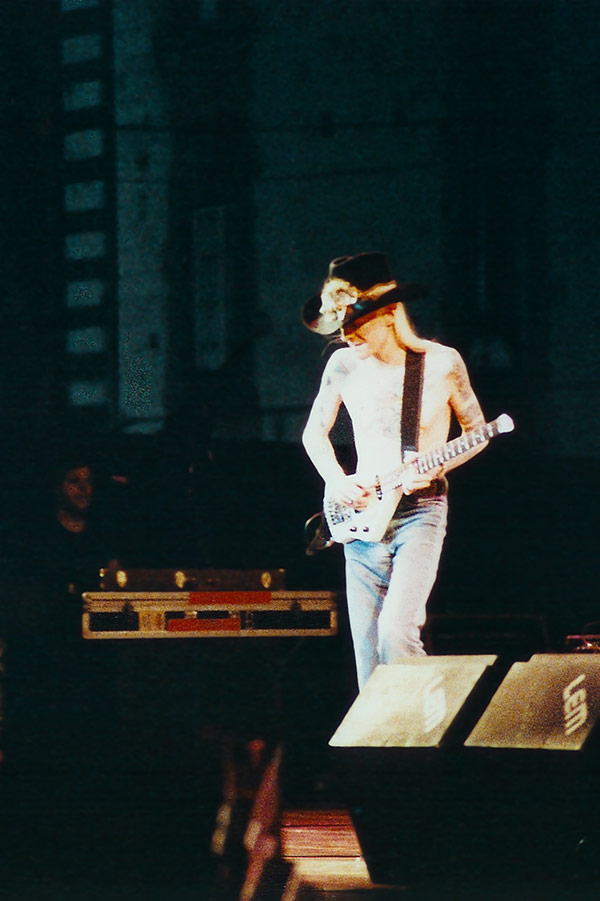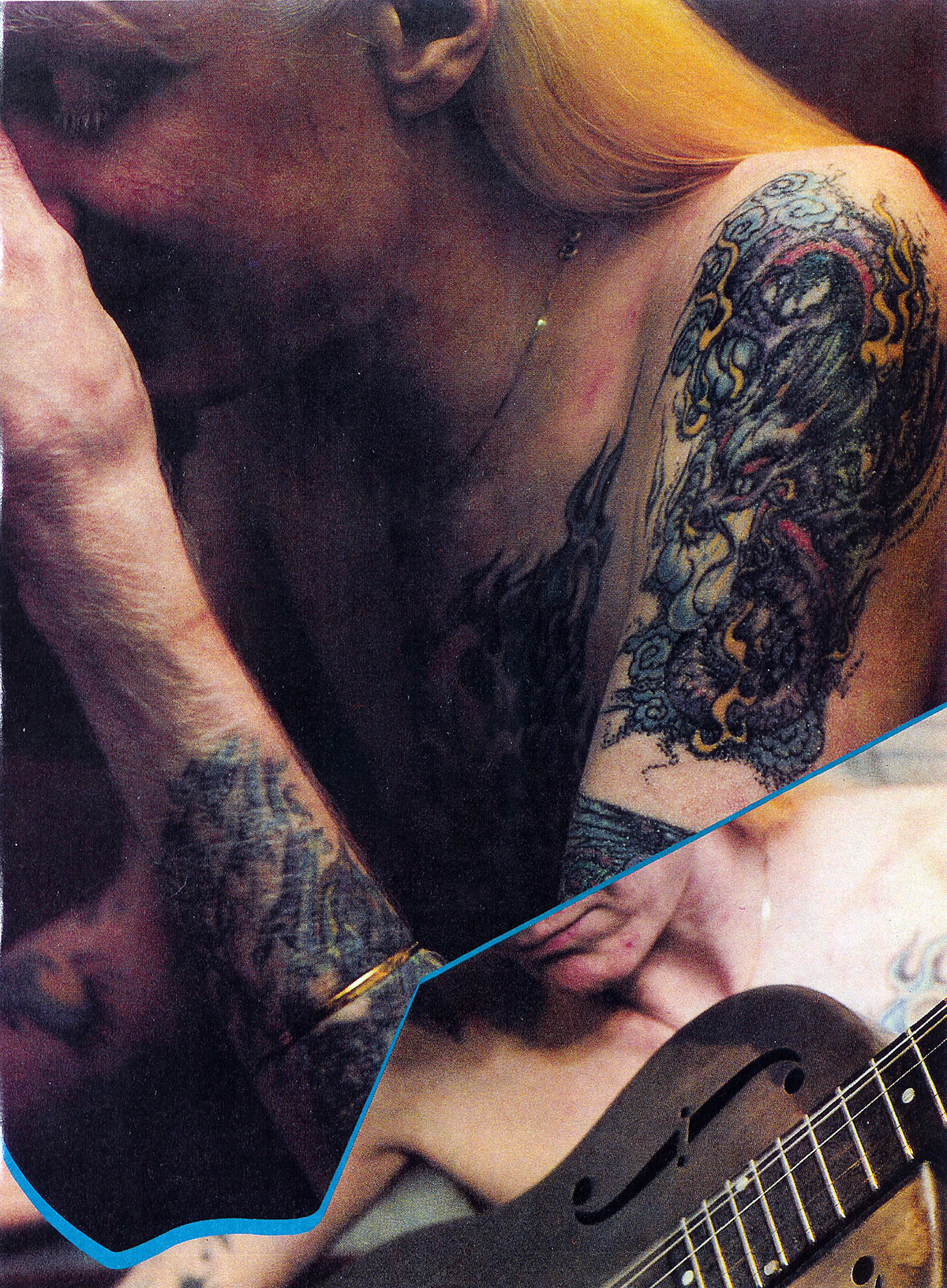Johnny Winter in 1982: A Blues Icon's Legacy Through Live Performance
In 1982, Johnny Winter was already an established name in the blues and rock world. Having spent the 1970s and early 1980s building a reputation as a blazing guitar virtuoso, he had distinguished himself as one of the premier interpreters of American blues. His guitar work, particularly his slide guitar technique, was widely admired, and his energetic performances set him apart as a performer deeply rooted in the tradition of the blues, yet with a modern rock edge.
By the early 1980s, Winter had already worked with blues legends like Muddy Waters, producing and playing on several of Waters' Grammy-winning albums, including Hard Again (1977), I'm Ready (1978), and King Bee (1981). His collaboration with Muddy Waters was significant in revitalizing the latter’s career and further cemented Winter's place in blues history.
Although 1982 didn’t see the release of any new albums from Winter, he remained an active figure on the blues scene, consistently touring and performing live. His high-energy concerts and dedication to the genre earned him a loyal following, and he was respected as a bridge between the traditional blues of the past and the modern blues-rock sound. His live performances during this time were a showcase of his guitar prowess and his passionate commitment to the blues.
In the early 1980s, Johnny Winter was transitioning into a phase of his career where he would continue to be revered as a blues purist, honoring the roots of the music while inspiring younger generations of guitarists. Although he wasn't releasing new material in 1982, his influence and presence in the blues community remained strong, and he was still recognized as one of the most important figures in modern blues.
